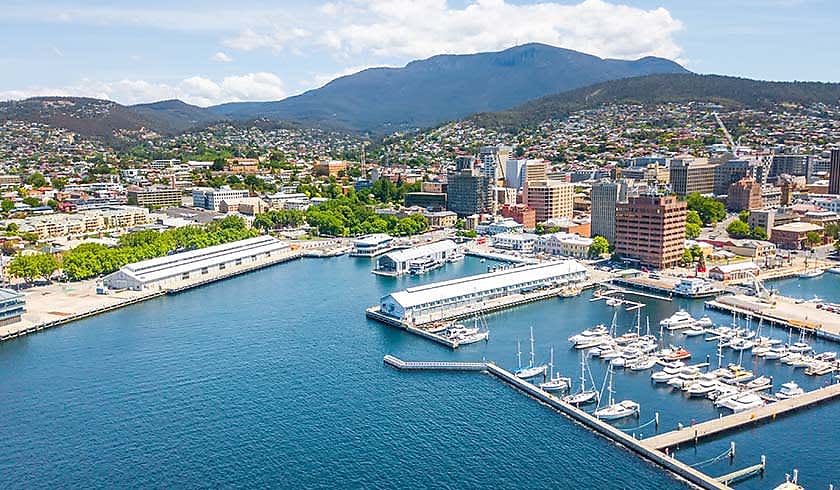The property market downturn has cooled: Corelogic
Australia’s rate of home value price decline has eased, according to the research firm’s home value index (HVI) for January.

The monthly value reading fell a further 1 per cent during the first month of 2023, representing a slight improvement on the 1.1 per cent decline recorded last December. A reduced rate of decline was evident across all Australian capital cities with the exception of Adelaide (0.8 per cent), and Perth (0.3 per cent), where values have held steadier.
Corelogic research director, Tim Lawless believes the latest reading indicators wind has been taken from the housing downturn’s sails given “the quarterly trend in housing values is clearly pointing to a reduction in the pace of decline across most regions.”
“However, at -1 per cent over the month and -3.2 per cent over the rolling quarter, national housing values are still falling quite rapidly compared to previous downturns.”
Values fell most drastically in Hobart – where they dropped 1.7 per cent during January, followed by Brisbane’s 1.4 per cent decline, and Sydney’s 1.2 per cent fall. Hobart also led Australia’s capital cities for quarterly declines (5.5 per cent), followed again by Brisbane (4.8 per cent), and Sydney (3.9 per cent).
On the flip side, Perth and Darwin homes lost the least amount of value during the opening month of the year of 0.3 per cent and 0.1 per cent respectively.
For the first time in nearly two years, Sydney’s median home value dipped below $1 million, with Corelogic’s latest data highlighting homes in the harbour city have a median price of $999,278.
Having propelled Australia’s pandemic-long market upswing, the nation’s premium housing market became a key driving force behind the downturn, although Mr Lawless revealed “across the combined capitals, the rolling quarterly rate of decline in the upper quartile value has improved from a recent low of -6.1 per cent over the September 2022 quarter to -4 per cent over the three months to January.”
He noted “the improvement could be reflective of more buyers taking advantage of larger price drops across the premium sector, where house values are down 17.4 per cent since peaking in January 2022.”
Mr Lawless revealed “regional housing values are holding up better than capital city markets” despite “easing rates of internal migration and a partial erosion of the pre-pandemic affordability advantage.”
Dwellings in regional Western Australia and South Australia reported value increases of 0.4 per cent and 0.5 per cent respectively, while the largest price drop’s were recorded in regional Tasmania (1.1 per cent), and New South Wales (1 per cent).
Whether Australia’s regional markets can maintain their current performance in the long term will be an “interesting trend to watch,” however, in Mr Lawless’ estimation “it seems regional housing markets have seen a structural shift in the underlying demand profile.”
“With more Australians willing to base themselves outside of the capital cities and remote working remaining a viable option across some sectors of the labour force, it’s unlikely we’ll see a mass exodus from regional markets.”
Mr Lawless reiterated the importance of contextualising the current downturn given “every capital city and rest-of-state region is still recording home values above pre-pandemic levels, although Melbourne’s index would only need to fall a further 0.4 per cent before equaling the March 2020 reading.”
